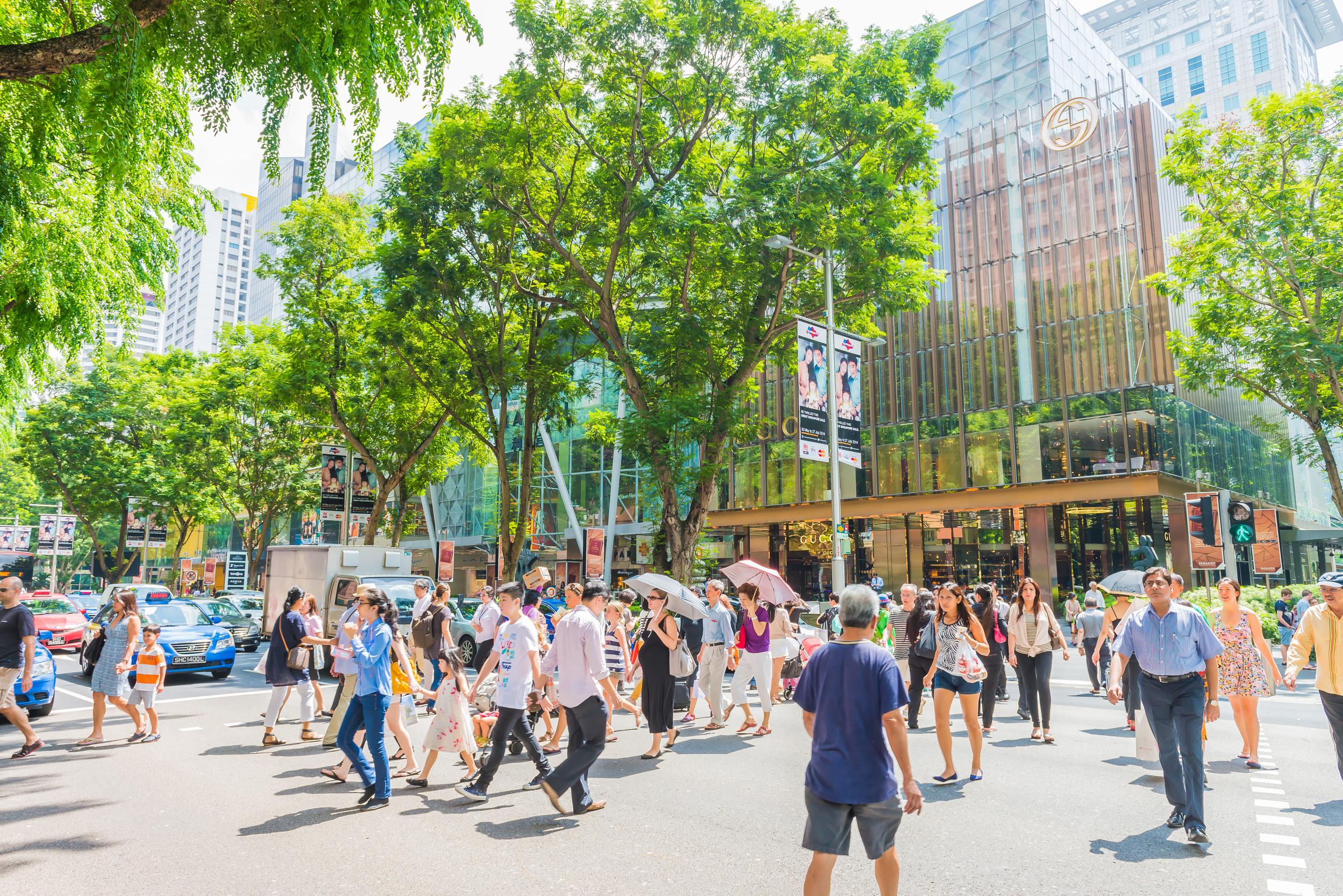Singapore workplace bias declines, but gaps remain
- Josephine Tan
- Topics: DE&I, Employee Experience, Home Page - News, Mobility, News, Recruitment, Singapore

Singapore’s workplaces are seeing a decline in reported racial discrimination, though minority groups continue to face higher rates of bias compared to their majority Chinese counterparts, according to a new study.
The 2024 study, conducted by the Institute of Policy Studies (IPS) in collaboration with OnePeople.sg, an NGO dedicated to racial and religious harmony, revealed that 18.4% of Malay and 16.7% of Indian respondents reported experiencing racial discrimination during job applications or promotions. This marks an improvement from previous surveys in 2018 and 2013, where over a quarter of respondents from each group reported similar experiences.
In contrast, only 3.7% of Chinese respondents reported facing racial discrimination in employment processes, down from 4.1% in 2018 and 5.7% in 2013.
The study, which surveyed 4,000 Singaporeans, indicated a downward trend in workplace discrimination across ethnic groups. In 2024, 7% of respondents reported experiencing discrimination in job applications or promotions, compared to 9.3% in 2018.
When examining day-to-day workplace interactions, 23.7% of Malays, 23.4% of Indians, and 20.6% of individuals classified as “Others” reported feeling discriminated against sometimes, often, or always. By comparison, only 6% of Chinese respondents reported similar experiences. These numbers have improved since 2018, where 35.3% of Malays, 32.2% of Indians, and 17.7% of “Others” faced frequent discrimination, compared to 10.7% of Chinese respondents.
The most common form of workplace discrimination reported was exclusionary language, cited by 57.7% of those who experienced bias. Additionally, 47.7% perceived that colleagues from other races were being promoted due to their ethnicity rather than their qualifications.
Leonard Lim, a member of OnePeople.sg’s management committee, acknowledged the persistence of racial discrimination in the workplace. “As the survey points out, there are pockets of employees and minorities, especially, who feel discriminated against or made fun of because of their race, and insulted because of their race,” he said.
READ MORE: Singapore’s Workplace Fairness Legislation moves closer to reality
Lim highlighted the organisation’s workplace diversity programme, which uses interactive gaming tools to foster dialogue between employees and religious practitioners, as a proactive measure to address workplace discrimination, reported The Straits Times.
Chairman of OnePeople. sg, Dr Janil Puthucheary stressed that tackling racial bias requires a multifaceted approach. He pointed to the recent passage of the Workplace Fairness Bill in January 2025, which offers legal protections against workplace discrimination, including racial bias. However, he emphasised that legislation alone is not enough.
“We need all these different things – this aspiration as a society, the legislative tools, and capability development within organisations,” said Dr Janil, who also serves as Senior Minister of State for Digital Development and Information. “What we are doing with workplace diversity, in partnership with our community partners, complements the government’s efforts to improve workplaces.”






